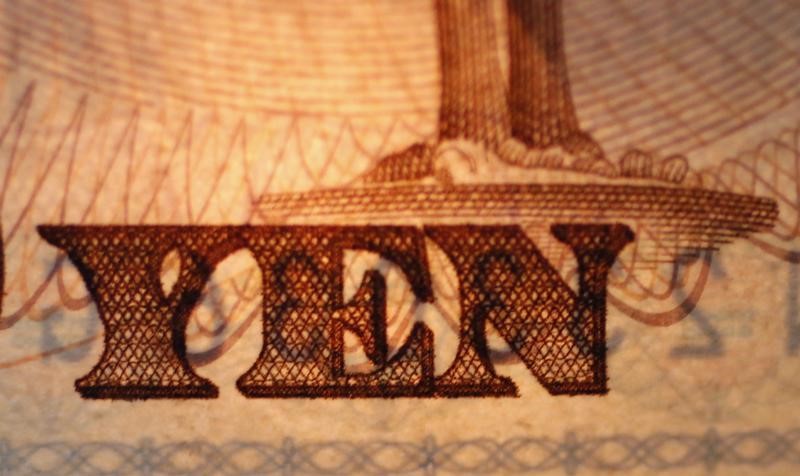Investing.com — The Japanese yen was vulnerable on Monday, with the USDJPY pair nearing key intervention levels even as government officials reiterated warnings that they would intervene to support the currency.
The pair, which measures the amount of yen needed to buy one dollar, rose slightly to 159.93 yen on Monday. The pair nearly reached 160 yen, the highest level in more than three decades, prompting government intervention in May.
Government intervention in May pushed the USDJPY pair down to a low of 151. But a mix of weak economic data, especially inflation, and dovish signals from the Bank of Japan caused the yen to quickly reverse course.
The yen’s latest decline was driven by somewhat muted signals from the BOJ at its June meeting. The central bank left interest rates unchanged and said there were no immediate plans to tighten policy further, and that a decision on scaling back bond purchases would not be made until July.
The move disappointed traders who were positioning for a more aggressive BOJ, especially as the bank warned that excessive yen weakness could cause yields to rise.
The minutes of the BOJ meeting, released on Monday, reiterated this idea.
The minutes also showed that the BOJ was prepared to raise rates further if the economy improves this year. But data so far paints a mediocre picture of Japan’s economy, which contracted in the first quarter of 2024.
The BOJ had raised interest rates for the first time in seventeen years in March, bringing interest rates back out of negative territory after almost ten years. But the move provided little support for the yen, which remained under pressure from a wide gap between US and Japanese interest rates.
The threats for interventions in the yen remain
The yen’s recent weakness came even as Japanese government officials continued to warn of possible interventions.
Top currency diplomat Masato Kanda reiterated his warning that he will instruct the BOJ to intervene in the markets in the event of “excessive” moves in the currency markets. But he did not comment on whether the yen’s recent moves were excessive.
Kanda said he was prepared “to intervene 24 hours a day if necessary.”
Kanda had spearheaded government interventions in the past, most notably by selling a record amount of dollars in 2022.


